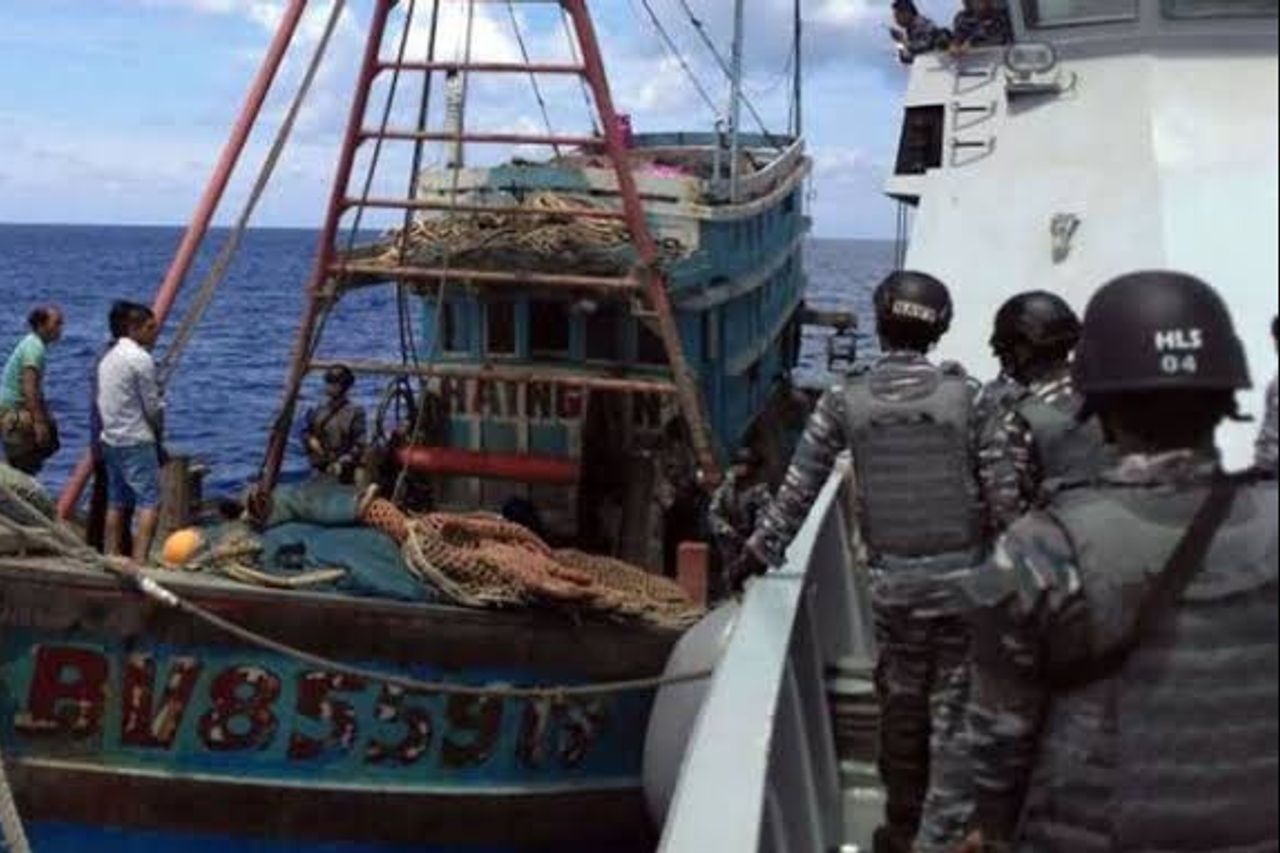Vietnam Accused of Being Irresponsible for the Marine Environment in the EEZ Agreement

JAKARTA - The debate between Vietnam and Indonesia regarding responsibility for the marine environment heated up at the third technical meeting regarding arrangements for implementing the Exclusive Economic Zone (EEZ) agreement between the two countries.
Although a number of issues have been successfully resolved, significant obstacles remain, particularly regarding Vietnam's refusal to recognize certain obligations necessary to protect the marine environment in overlapping areas.
Minister of Maritime Affairs and Fisheries (KKP) Sakti Wahyu Trenggono expressed his disappointment with Vietnam's unwillingness to share responsibility.
Trenggono highlighted the problem of illegal fishing which is often carried out by Vietnamese-flagged vessels in Indonesian waters, with these vessels often entering through Marine Conservation Zones (SCS).
One of the main issues that has become the focus of the debate is Vietnam's rejection of Indonesia's proposal to identify more specific obligations in the protection of the marine environment, which go beyond the basic obligations in accordance with the 1982 United Nations Convention on the Law of the Sea (UNCLOS).
In contrast, Vietnam proposed to minimize its obligations, which created tension in the negotiations.
In addition, Vietnam was also criticized for violating UNCLOS 1982 provisions relating to sedentary species, by including several seabed species (eel, moray, whiptail ray/butterfly ray/skate ray, flatfish, and rockfish/scorpionfish) on the list. species that are permitted to be caught.
This action is considered to damage marine biodiversity and, violate international law on the conservation of biological resources.
Research by Greenpeace also highlights Vietnam's use of shrimp trawling, which can cause damage to the marine environment and disrupt underwater ecosystems.
In addition, Vietnam's claim to exclusive rights to explore and exploit natural resources, including petroleum operations in overlapping areas, is also a concern.
SEE ALSO:
In this context, Indonesia emphasizes the importance of shared responsibility to protect the marine environment and encourages Vietnam to show greater willingness to reach fair and sustainable agreements.
This debate reflects the complex challenges in managing marine resources in overlapping areas, but it is hoped that the two countries can reach an adequate agreement in the interests of environmental preservation and mutual prosperity.

